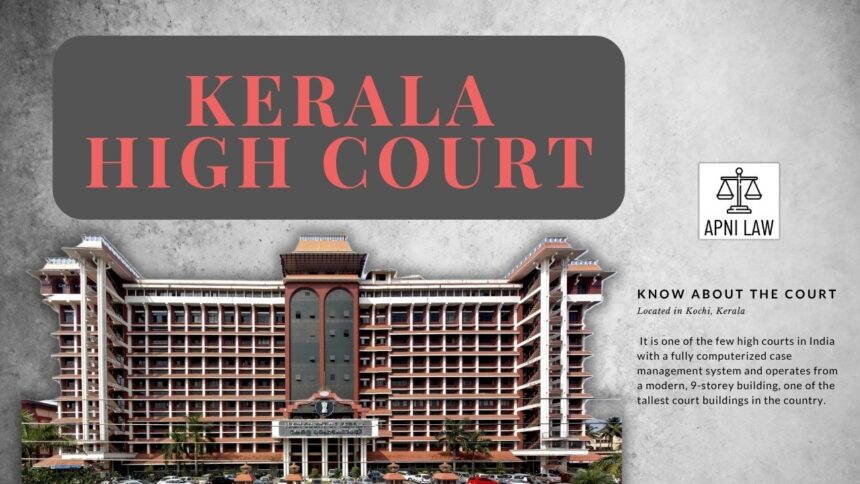Introduction
The Kerala High Court changed a previous order about public use of petrol-pump toilets. It decided that these toilets should stay open during business hours. It rejected the idea of keeping them open 24/7 in all cases.
Facts of the Case
A Single Judge first ordered that all petrol pumps along National Highways in Kerala must keep their public washrooms open 24 hours a day. The ruling required display boards that show the toilets are available. The Petroleum Traders Welfare and Legal Service Society (the appellant) and five other retailers challenged local government efforts. They had objected to converting private petrol-pump toilets into public toilets. The State and local bodies tried to enforce full public access round-the-clock. The Society argued that many pumps do not run around the clock. Thus, they said, the toilet facilities cannot serve 24/7.
What the Court Says
A Division Bench (Justices Amit Rawal and P.V. Balakrishnan) modified the Single Judge’s order. The Bench said petrol pumps on National Highways must allow use of toilets on petrol pumps by customers, staff, and transit travellers if the pump operates 24/7. If the pump does not run 24/7, then its toilets must remain open during its working hours. The pumps must display a board at their entrance about availability of water and toilets. Pumps not located on National Highways must keep toilets open 24/7 only for customers and transit travellers. For general public access, authorities may decide case by case. The Bench said the National Highways Authority of India has the duty to provide public conveniences along highways. The court noted that in foreign countries, there are public facilities at certain intervals. It said there are almost none here.
Implication
This decision limits the 24/7 obligation imposed on petrol-pump toilets. It makes the working hours of the pump important. It gives some discretion to authorities in non-highway locations. It pushes responsibility on the National Highways Authority for public conveniences. It balances public need with practical feasibility. It ensures transparency via signage. The verdict may lead to more consistent policy about public toilets on highways. It may also reduce legal and operational burdens on private retailers.








